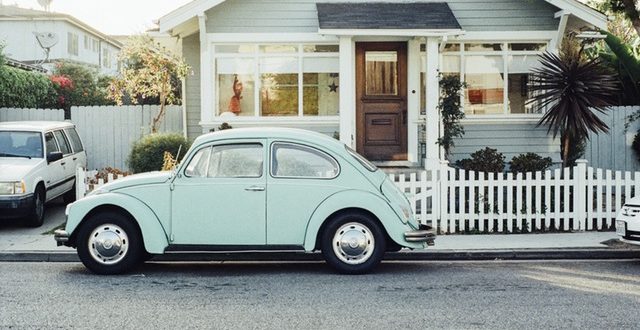If the housing crisis is a crisis it now extends well beyond Auckland, but that is where it had its genesis and Auckland is still the principle driver.
I wrote on this subject as one of my very first posts on my own blogsite and I would not change too much off what I said then. I was concerned that there should be too much reliance on the government to fix the supply side of the issue, and bemoaned the lack of attention to the demand side – leaving it all to the reserve bank which continues to be ill equipped to deal with it.
Incidentally I don’t think low interest rates are necessarily a problem here – low rates help first home buyers and are probably not a big influence on property investors who are driven mainly by capital gains.
Just on the issue of supply, I genuinely hope that the new Auckland Unitary Plan helps but I remain sceptical. I think the Government is not playing an effective enough role and there is still a huge risk of developers just chasing profits rather than helping solve problems.
I have also yet to see a convincing solution to the problem of land banking.
Leaving aside the issue of supply, I think that there is indeed a crisis of sorts but it relates mainly to the bottom end of the market, ie the lack of affordable housing for families with no accommodation (and generally low incomes) and first home buyers (who are not much different from us as first home buyers all those years ago.)
At the top end of the market prices are being driven by property investors and this will continue to be the case so long as it is perceived that there are good profits to be made. It would take a flood of additional supply to change that, ie to stabilise the market.
For property investors this is a virtuous circle – ie the more they invest the more prices rise and the more profit they make. It has been claimed that a proper capital gains tax would fix the problem but that approach does not seem to have been effective overseas so why make the same mistake here? I suspect that if there is a tax this just becomes a cost factor that is built into the pricing spiral. The only beneficiary is the government from the additional tax income.
I suspect that the problem will eventually self-correct, ie prices get so high that investors start to lose their nerve and back off. The would be helped if interest rates went up a bit, but not so much as to be a barrier for first home buyers, and renters began to desert the Auckland market because of rent levels.
The real issue is that the ensuing correction in prices may be too dramatic and many over-committed investors will go broke. This would undoubtedly have political consequences and I would be surprised if National politicians were not having recurrent nightmares about that.
However, all of this is speculation until it actually happens. A good outcome would be that prices just stabilise, ie ease back to a slow increase. I suspect that what is happening at the other end of market is only partly connected with what is happening at the top end of the market.
The connection is first home buyers who have inflated views of what they “want” and are frustrated at their inability to find anything affordable that fits their prescription. I think some first home buyers need to rethink the realities of what they can afford and how they go about accumulating the necessary deposit.
You can add to this people who are committed to the Auckland job market and because of this are reluctant to or cannot shift elsewhere. But the question needs to be asked why they are so committed and why they are so reluctant to think outside the square, and go to the regions where jobs are available and income/house price ratios are more affordable. I think there is a real demand issue here that needs to be resolved and remain of the view that this is the conversation that needs to be had.
But beyond this there is no doubt an issue of affordability for relatively low income families who are being priced out of the market and are genuinely tied to the Auckland region for a variety of reasons. There is no reason to doubt stories of people living in cars, or in caravans, on marae and in some cases on the street; and that this phenomenon is increasing not decreasing.
I guess this is the area for so called “social” housing. Again it is the demand side that seems to be lacking.
There is a real lack of information on the dimensions and characteristics of the problem. Until that information is generated it will be difficult to know whether any of the solutions that are being thrown at the problem are helping or not. I suspect that a variety of solutions will need to be developed and whatever they involve I hope it will not be the creation of special low cost housing areas that are destined to come the ghettos of the future. Mixed housing solutions seem to be the best answer.
Start a discussion on this topic…
This is another of Bas Walker’s posts on GrownUps. Please look out for his articles, containing his Beachside Ponderings.









Join the Discussion
Type out your comment here:
You must be logged in to post a comment.